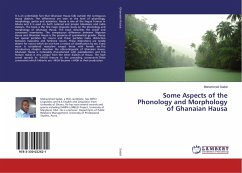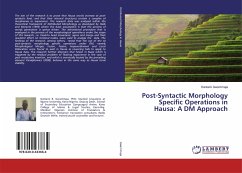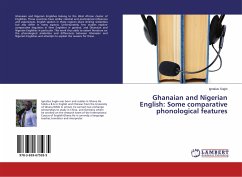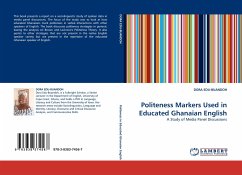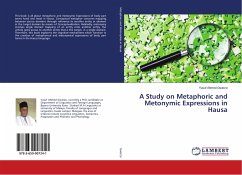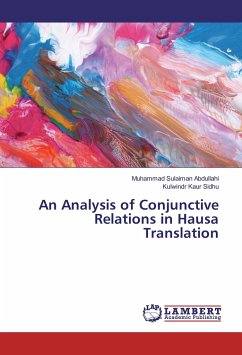It is an undeniable fact that Ghanaian Hausa falls outside the contiguous Hausa dialects. The differences are seen at the level of phonology, morphology, syntax and semantics. Hausa is one of the lingua francas in Ghana and it is used on both national and private televisions and radio stations. The book is the first major linguistic study on the phonology and morphology of Ghanaian Hausa. The book describes the vowel and consonant inventories. The conspicuous difference between Nigerian Hausa and Ghanaian Hausa is the presence of grammatical gender. Hausa has special particles for nouns and these particles make distinction between masculine and feminine nouns. These distinctions are totally absent for nouns which do not have a notion of classification by sex. Every noun is considered masculine except those with female sex.The introductory chapter describes the ethno-linguistic of Ghanaian Hausa. Ghanaian Hausa is noticeably characterized with palatalization and this feature makesit very unique from the other dialects of Hausa. The high vowel spreads its +HIGH feature to the preceding consonants.These consonants which hitherto are -HIGH become +HIGH in their production.
Bitte wählen Sie Ihr Anliegen aus.
Rechnungen
Retourenschein anfordern
Bestellstatus
Storno

